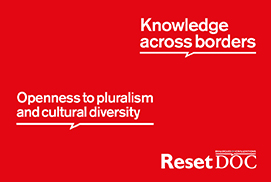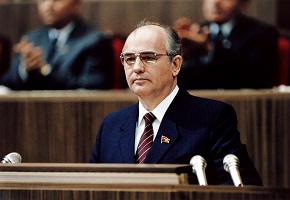14 May 2015
When reading the Russian press one can deduct that patriotism has become a fundamental key for understanding the Russian Federation’s foreign policy. It is interesting to study the different analyses of this phenomenon, from the most conservative to those most critical of the regime. What does Russian patriotism consist of? According to Andrej Il’nitskij – a political analyst and a member of Putin’s “United Russia” party – there is now a “democratic patriotism” in Russia. It is a peculiar ideology that starts with a negation of what the country is not – neither a fascist government like Kiev’s nor plutocratic liberalism following the Western model – and protects the state’s traditional values. Russian patriotism is “democratic” – since it is supported by the majority of the country, but also “creative” because it is free from the impediments typical of the liberal ideology. Its pillars are the educational system, the army, the media and the Russian intelligentsia.



